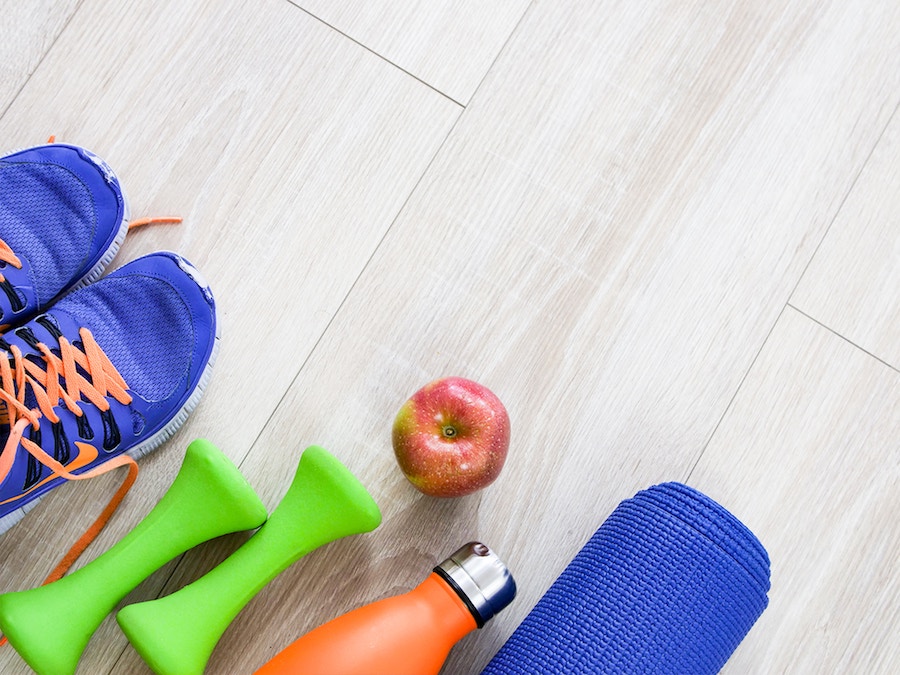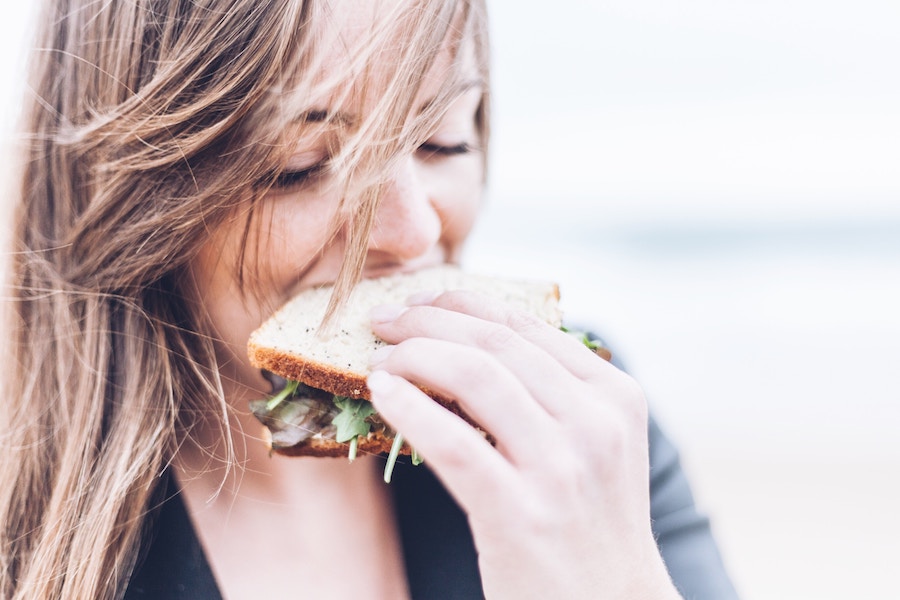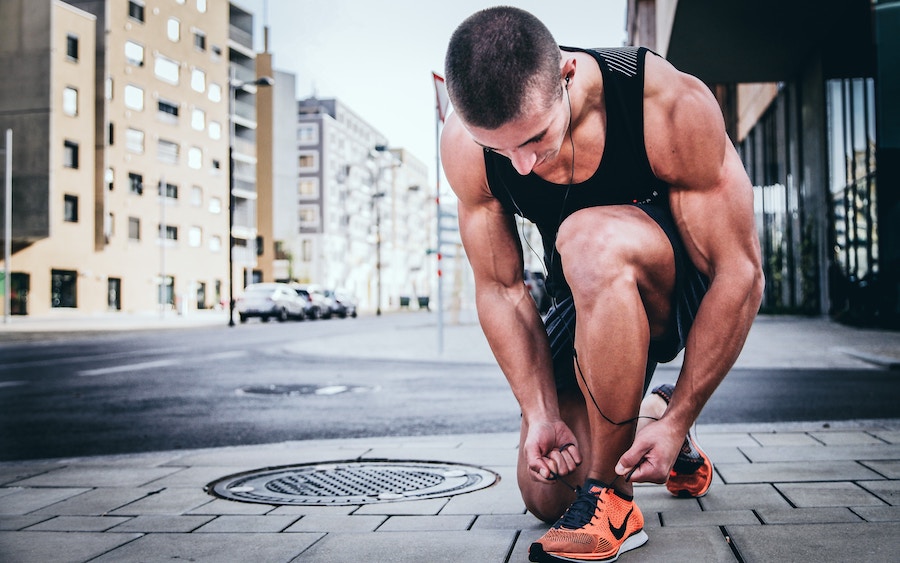There seems to be a wide-spread confusion about food consumption in relation to training and weight loss. People tend to believe that not eating anything will speed up weight loss, but quite the opposite happens, actually.

Health misconceptions
There are many misconceptions about what foods you should best eat, and about what times are optimum for ingesting them. It often depends on the person themselves, and you’ll see how your body often asks for certain things depending on its needs.
However, we ought not to always give in to those ‘wants’: cravings often mean your body needs something else other than what you’re actually craving. For example, if you’re craving sweets it’s most likely you are lacking certain vitamins, and so on.

What about post-workout food?
If you exercise on a regular basis, when you’re done probably either one of the next two things happens: you either become extremely hungry, or quite the opposite, and you lose your appetite completely.
If you’re part of the latter you might want to reconsider what this does to your body. Perhaps you believe it’s beneficial as it “speeds up weight loss”. But this is not true; quite the opposite, actually.
No empty stomach

We often tend to think that eating right after a workout undos everything we have previously accomplished. Other times it’s as simple as that we just don’t feel like eating once we’re done working out. Whatever the reason for keeping an empty stomach after intensely training: stop it.
The reason behind this appetite-loss is that exercising stops the secretion of the hormone that makes us feel hungry (ghrelin), and up to 3 hours can go by until it goes back to normal. However, once your appetite comes back it will punch you in the face.
You’re just slowing down recovery

In addition, the longer you wait to eat, the more you slow down your recovery process, which is something we definitely do not want. It will only make going back to the gym harder and harder.
What you should eat
The solution lies in ingesting a small recovery snack within the next hour after you’re done working out. It has to be within this hour because it is the moment your body recovers better and replenishes glycogen.
The snack should include proteins and energy-restoring carbohydrates; but keep it small: something like an apple, a yoghurt or even a stick of cheese suffices. You’ll see how this change of habit pays off in the long run.
Photos: Unsplash
